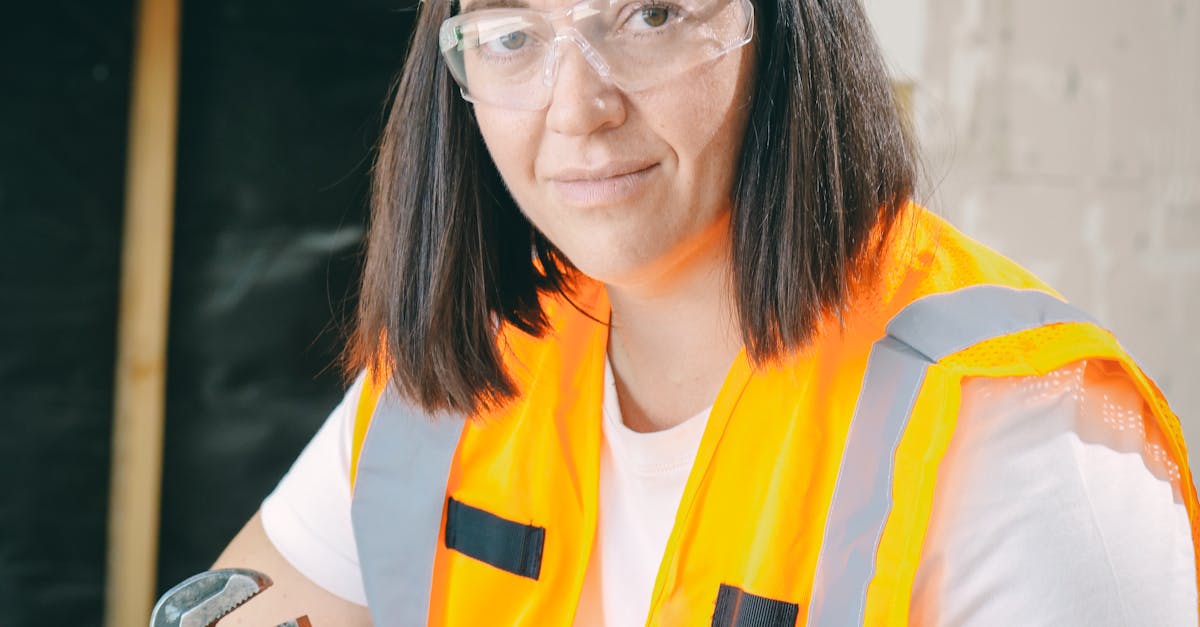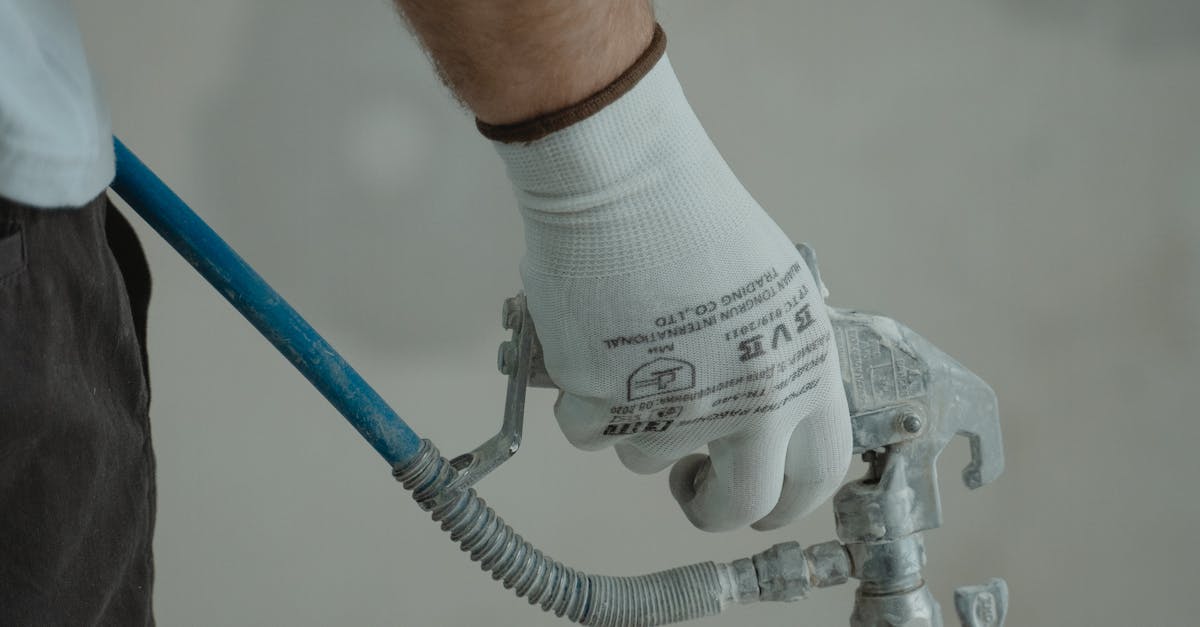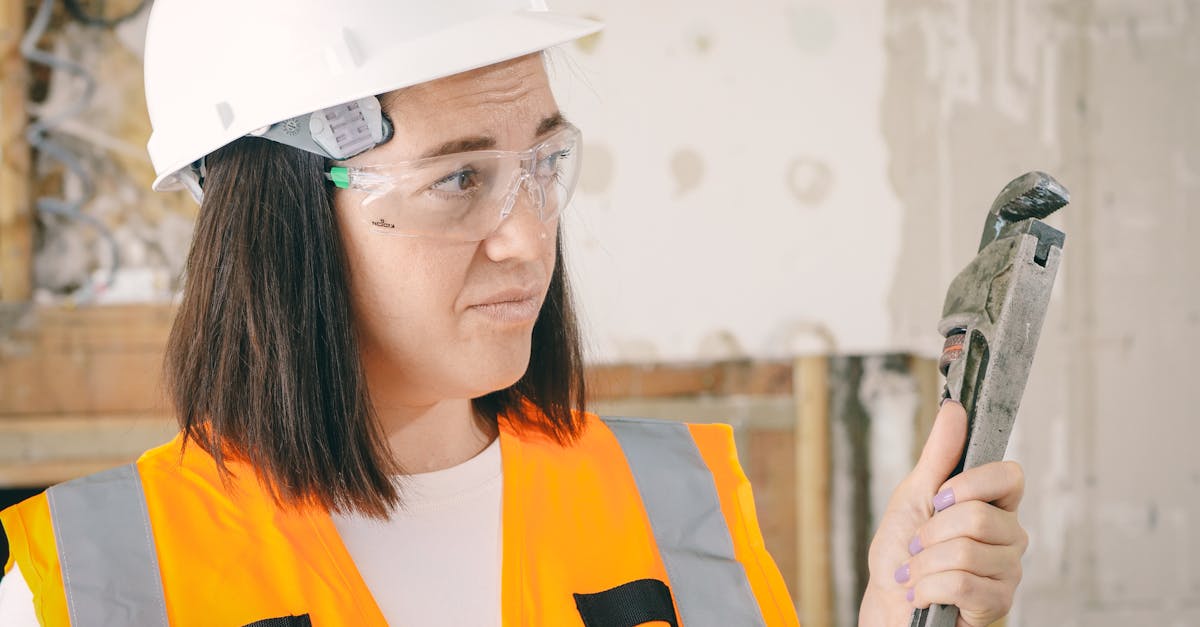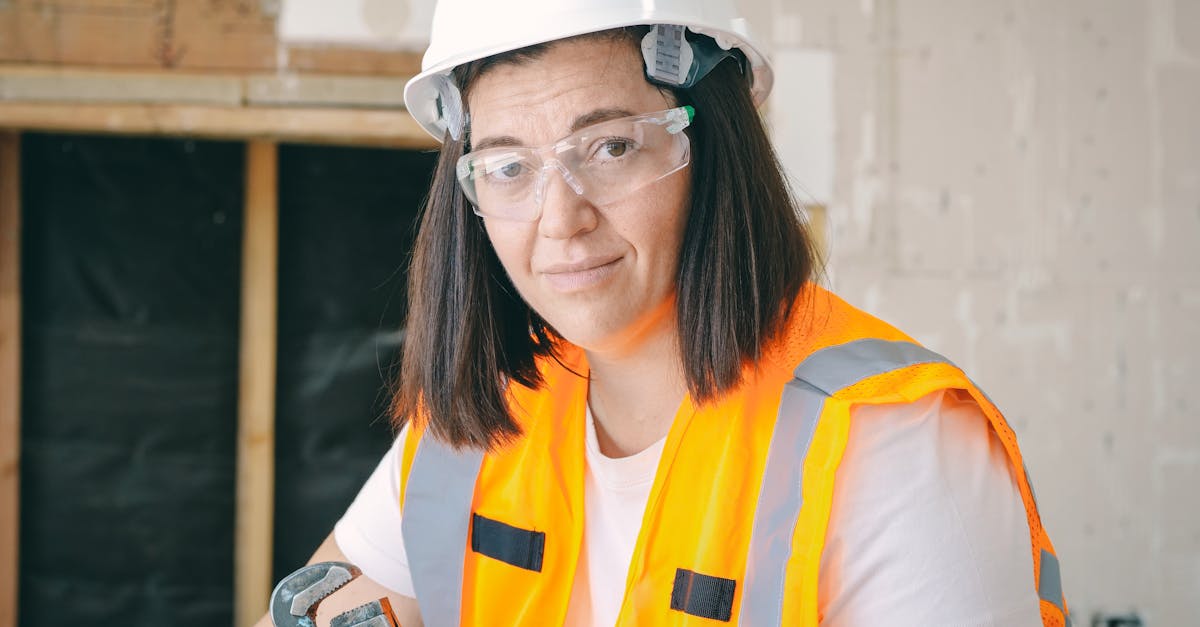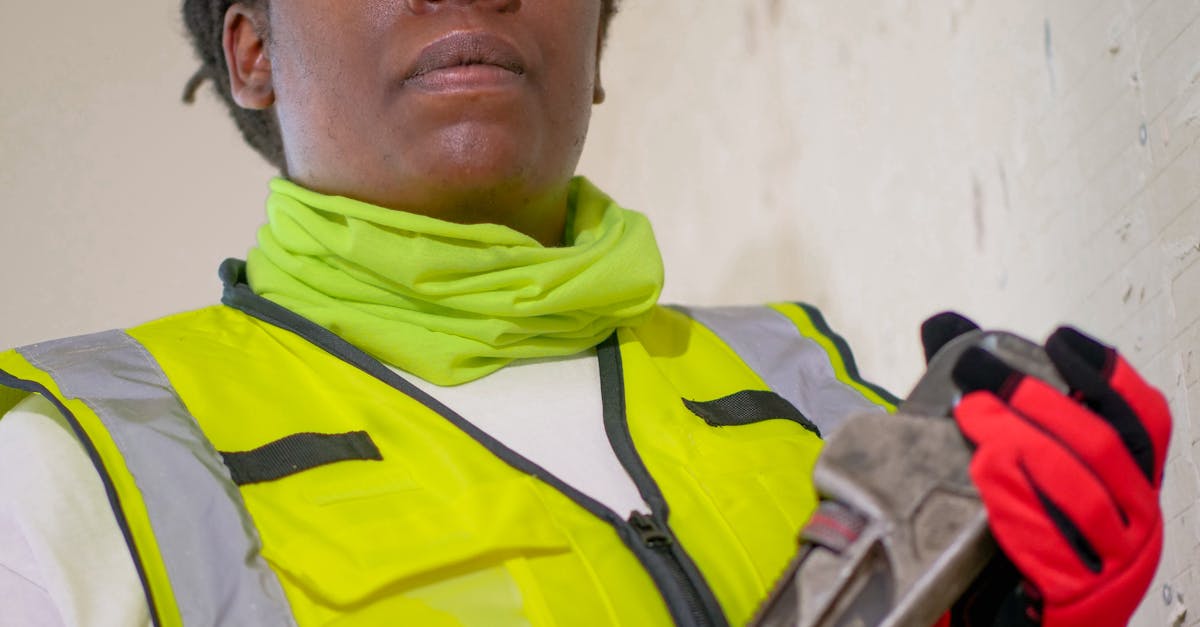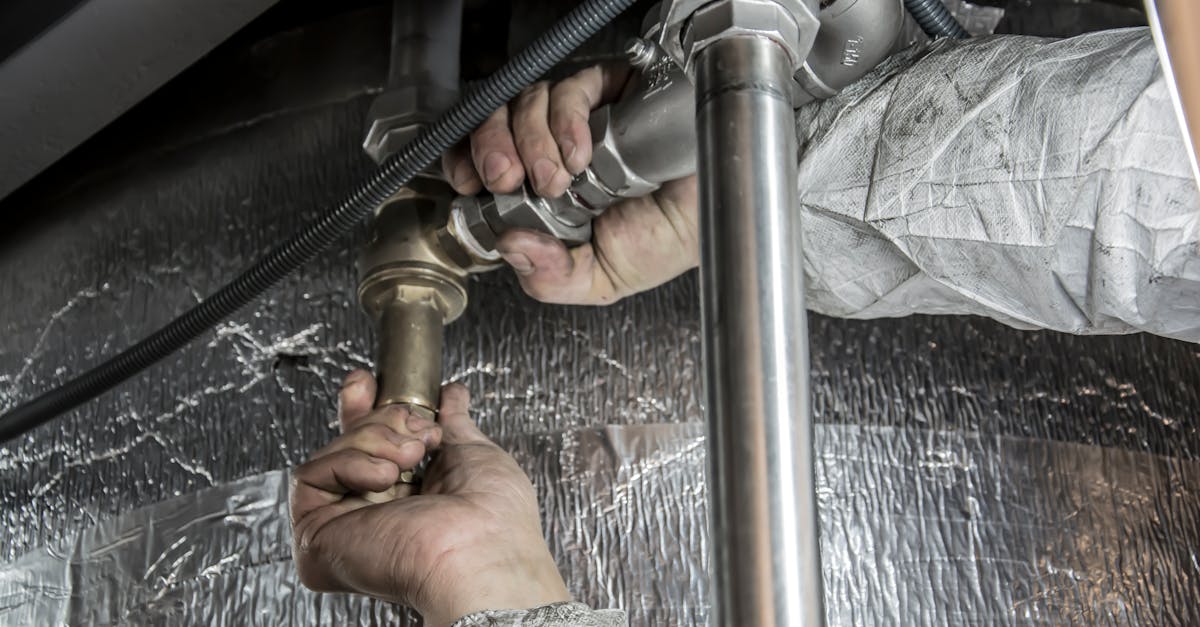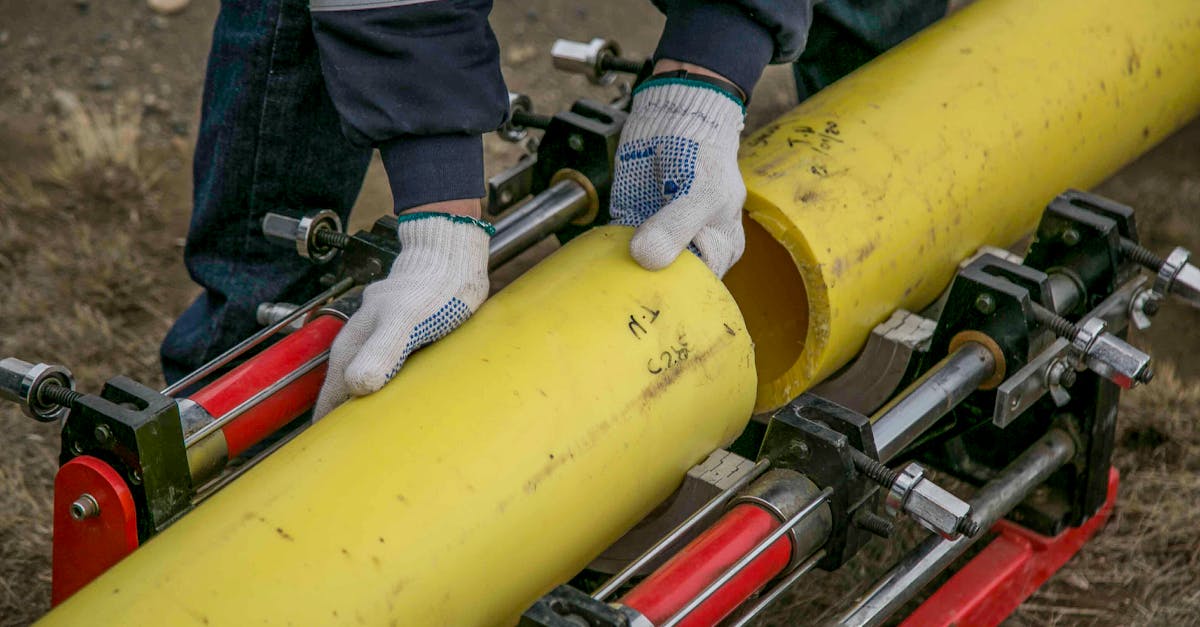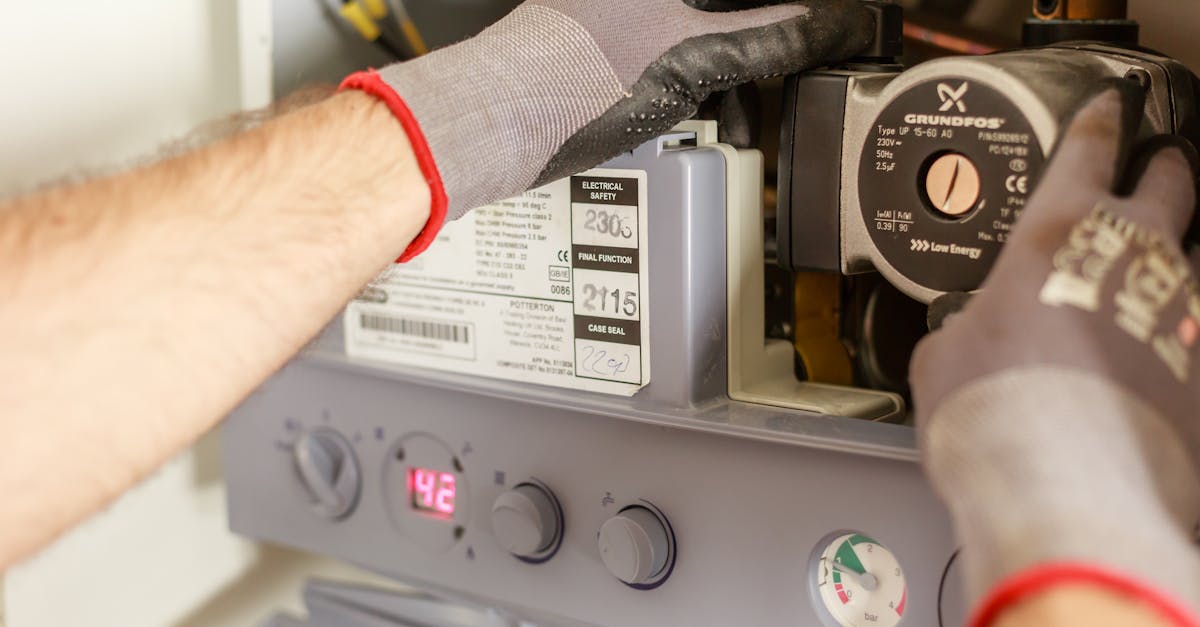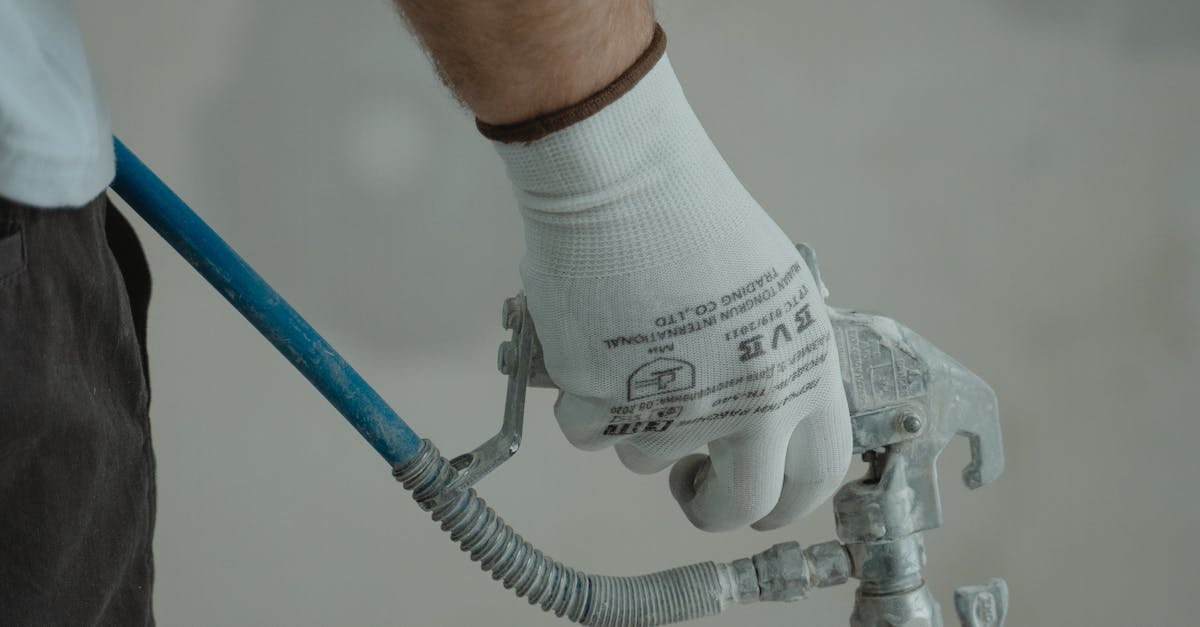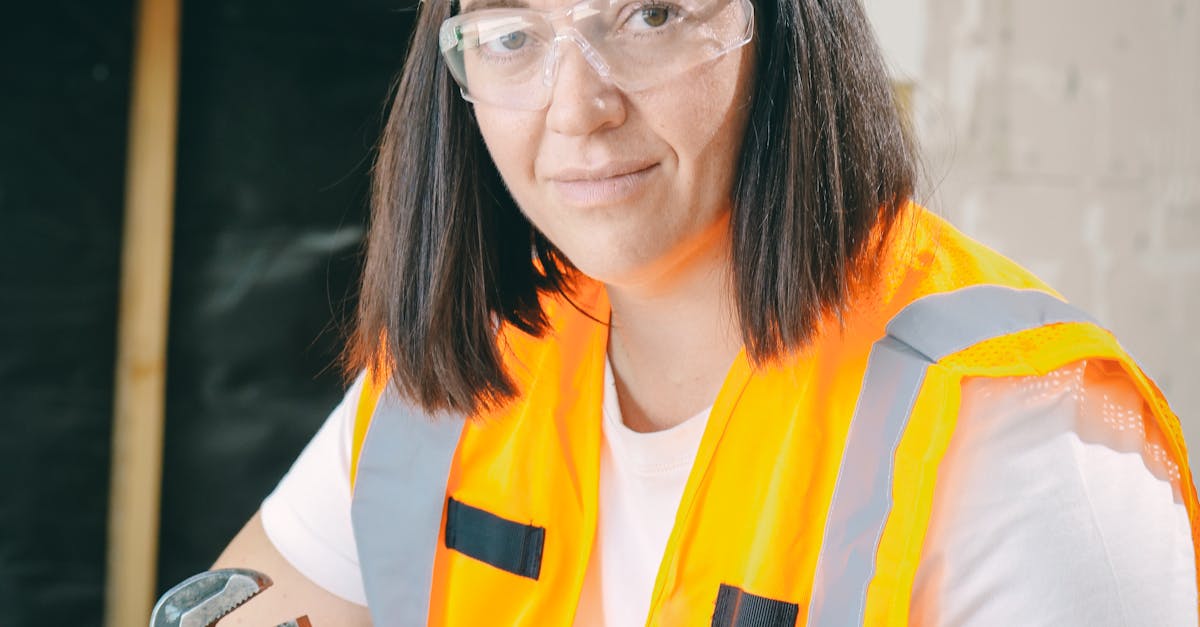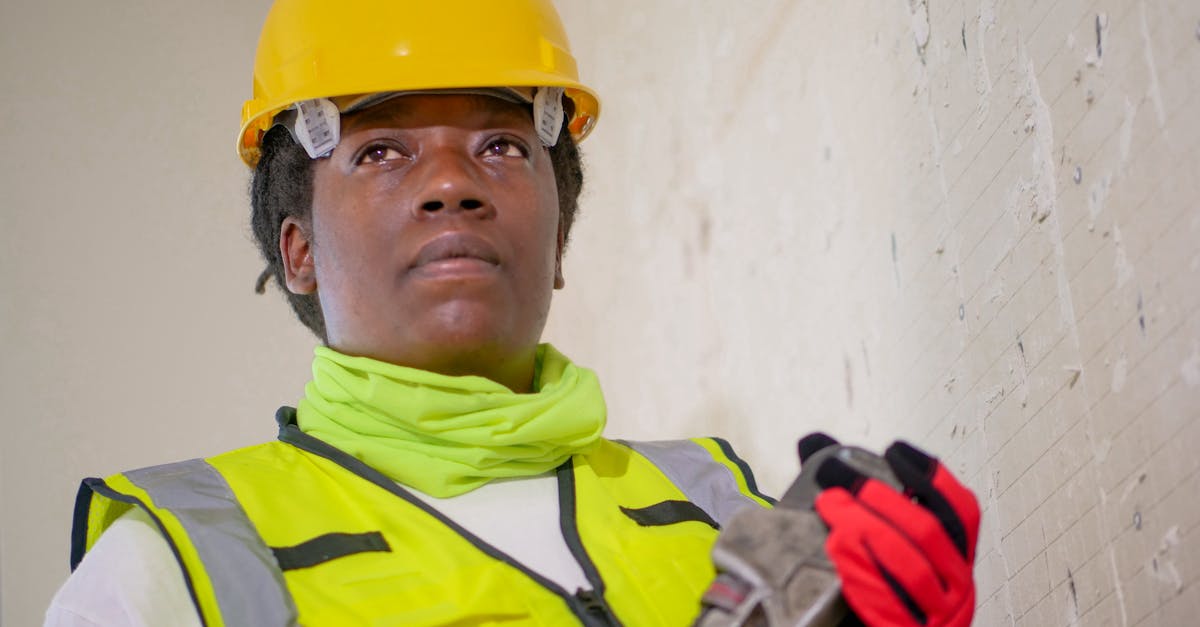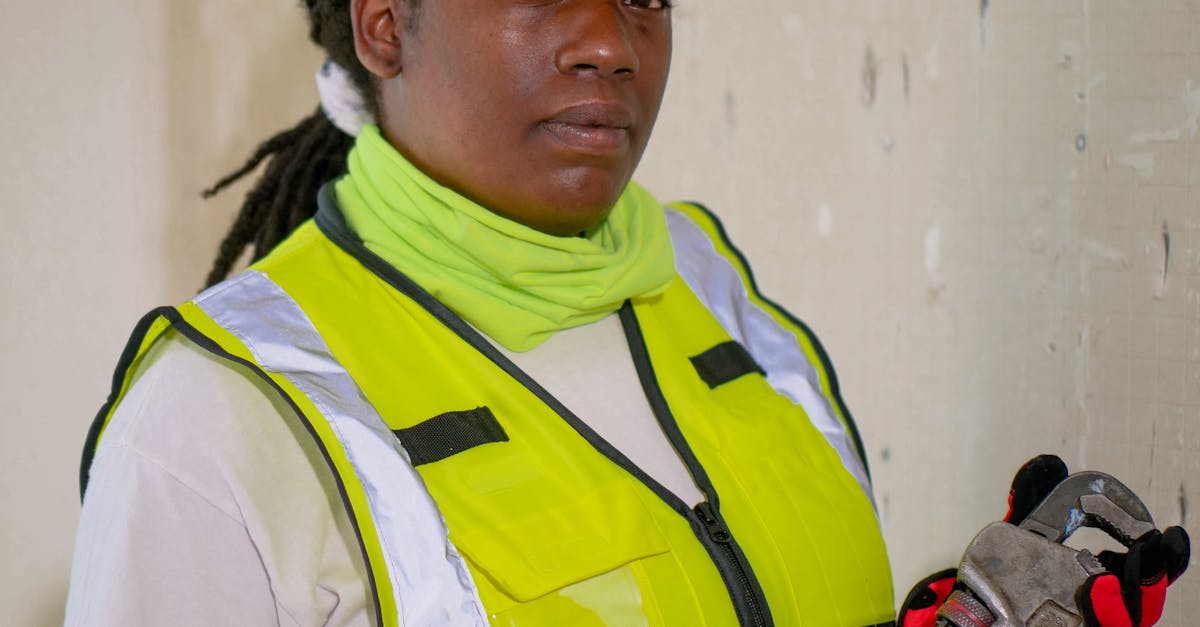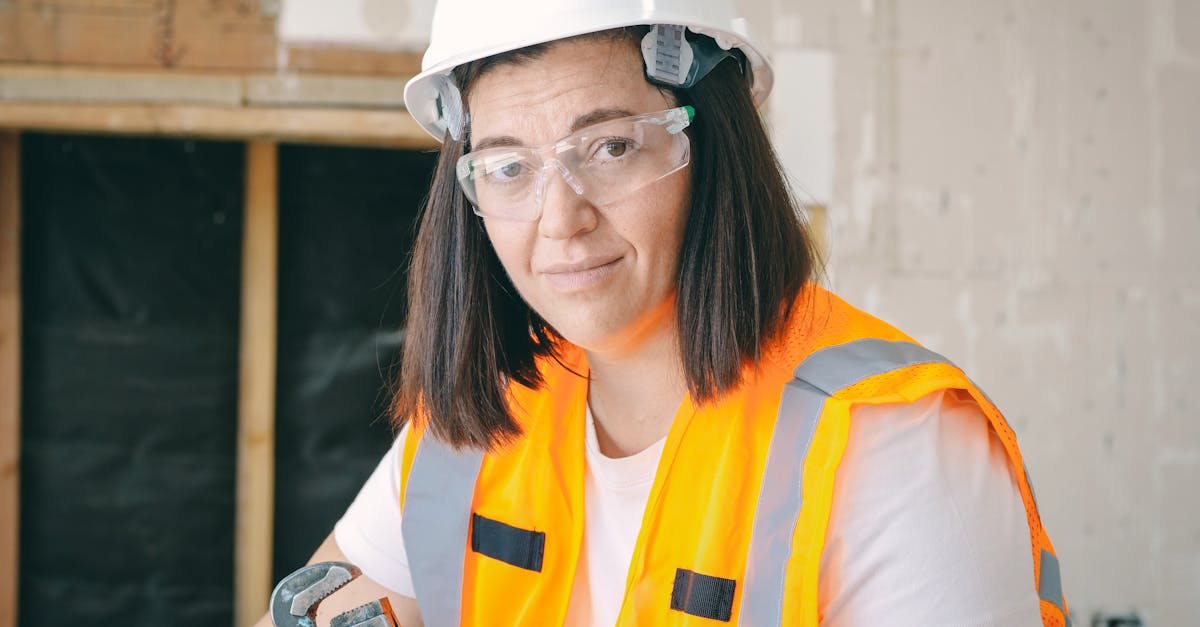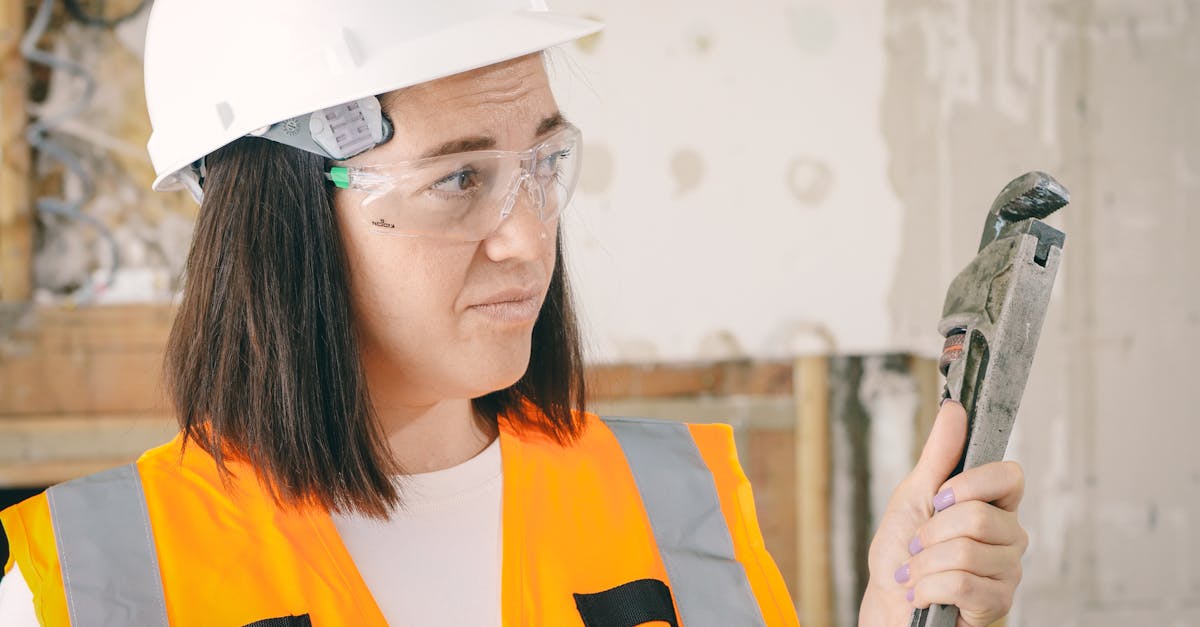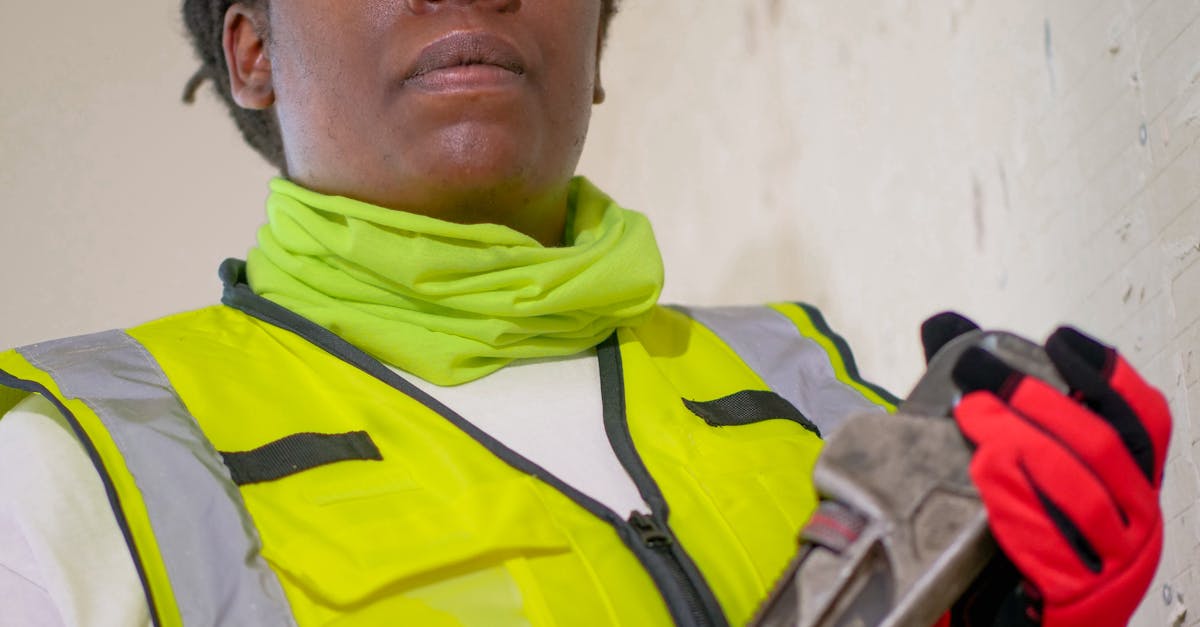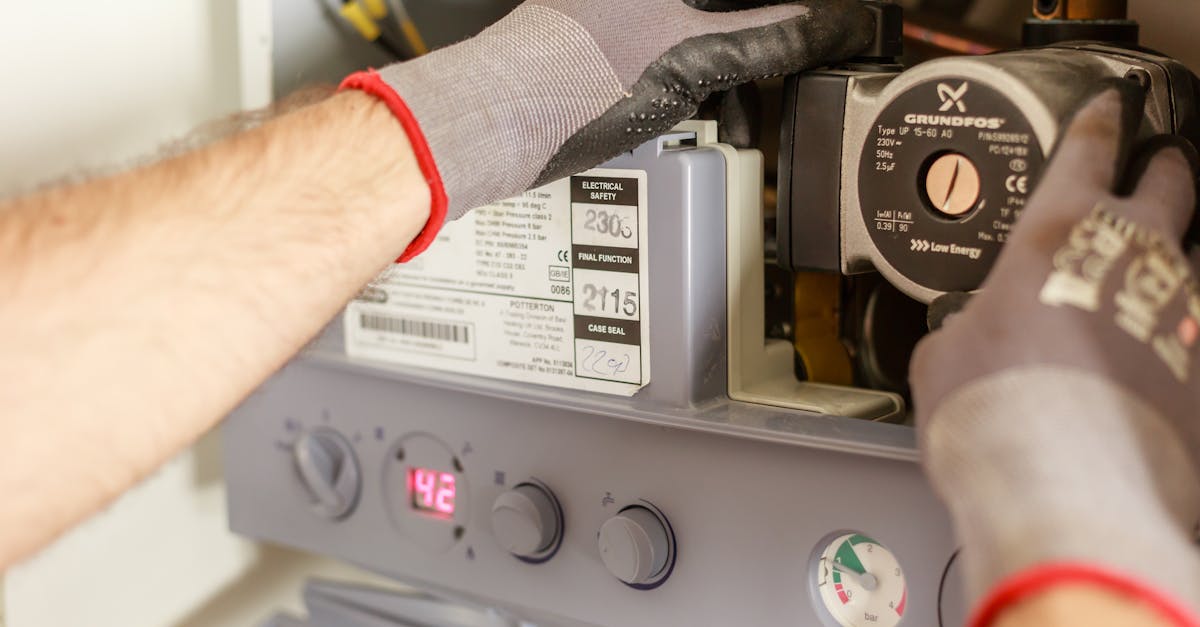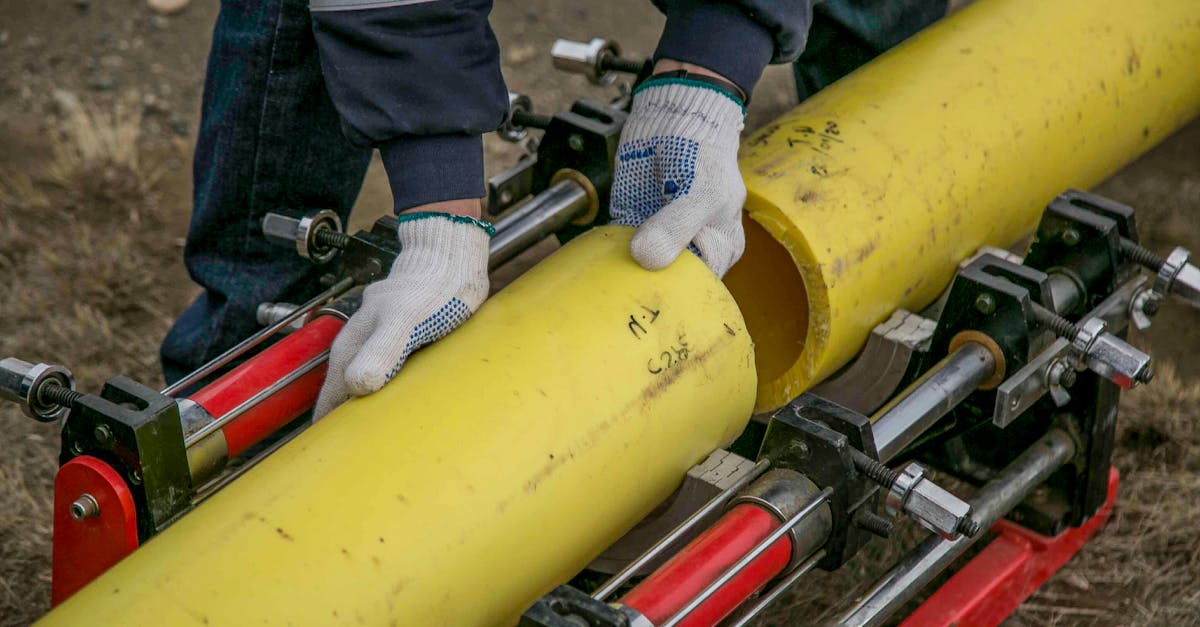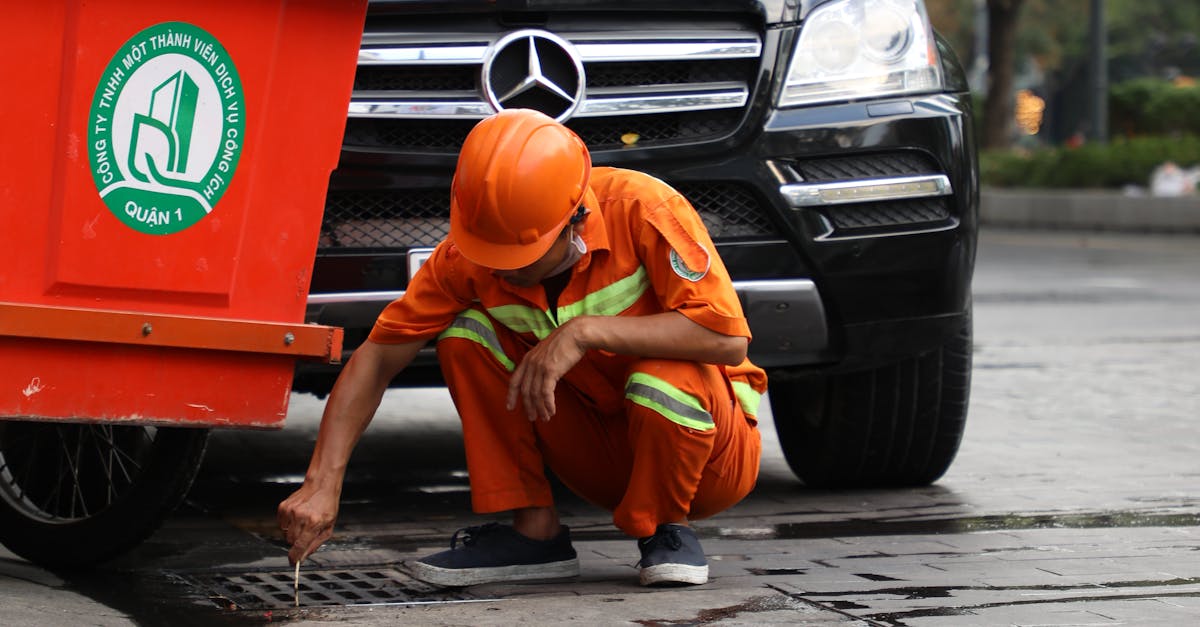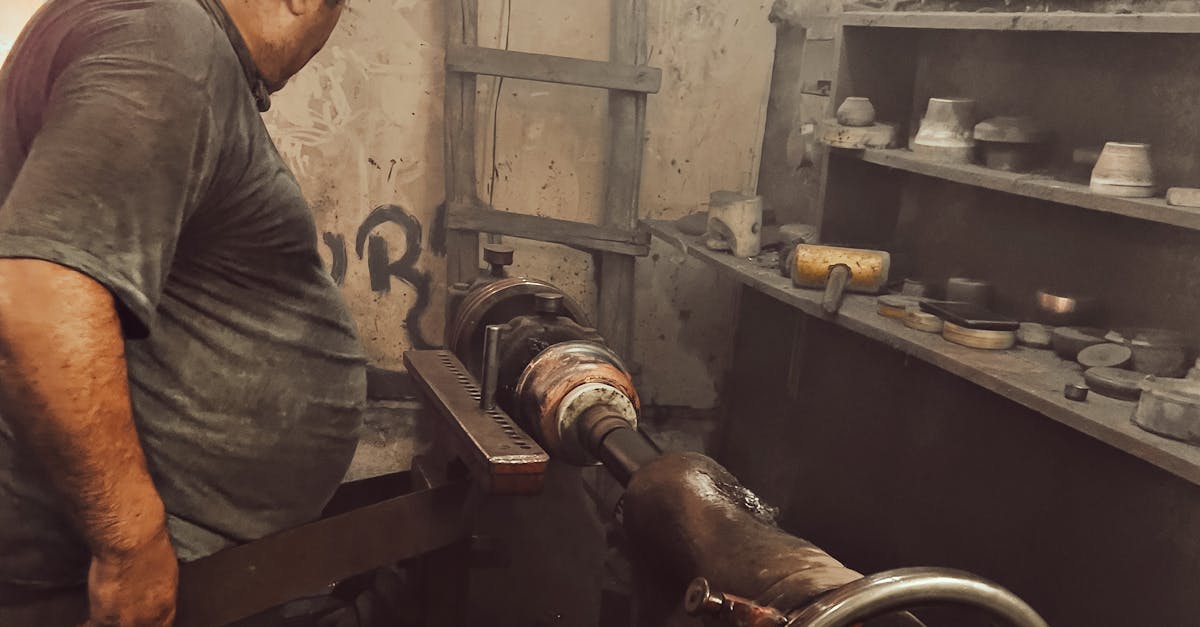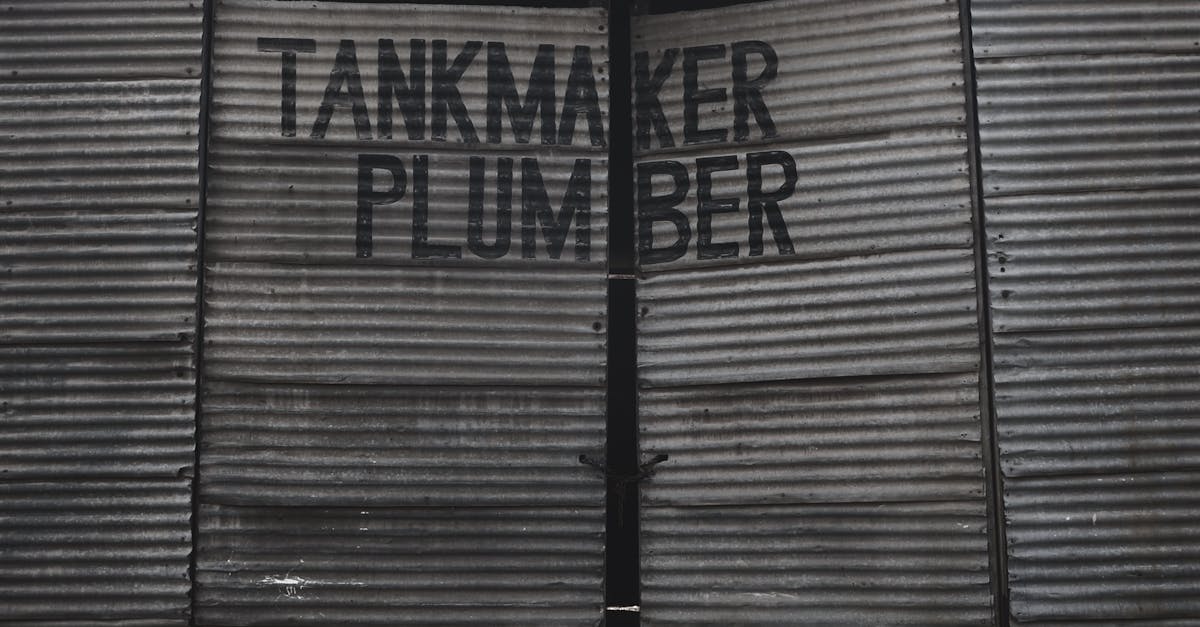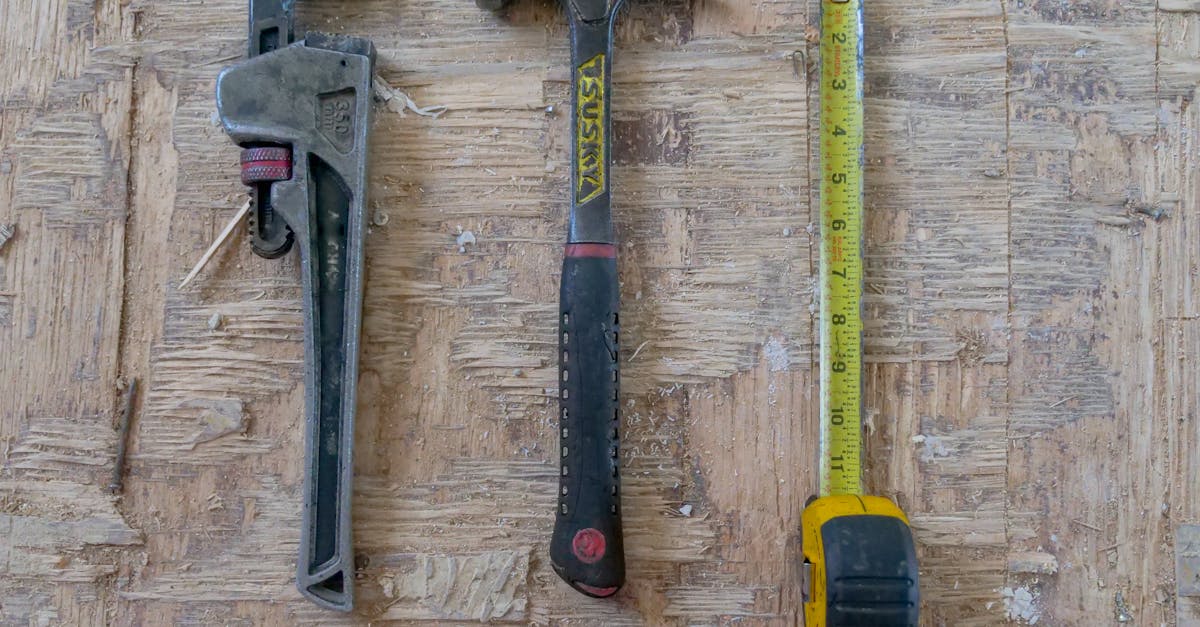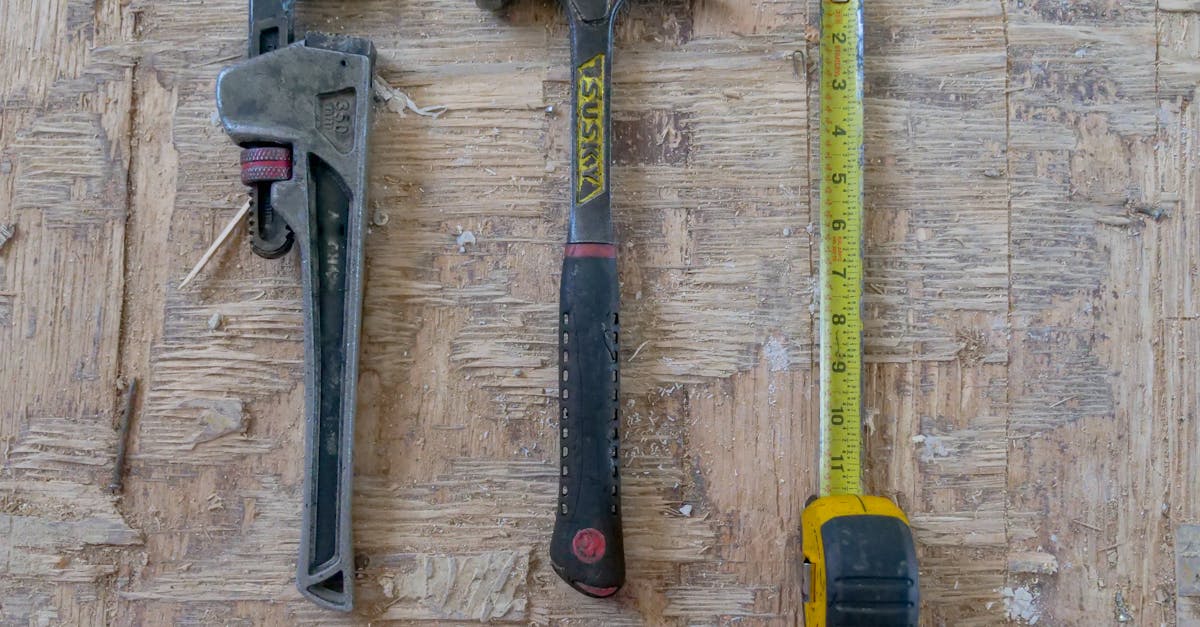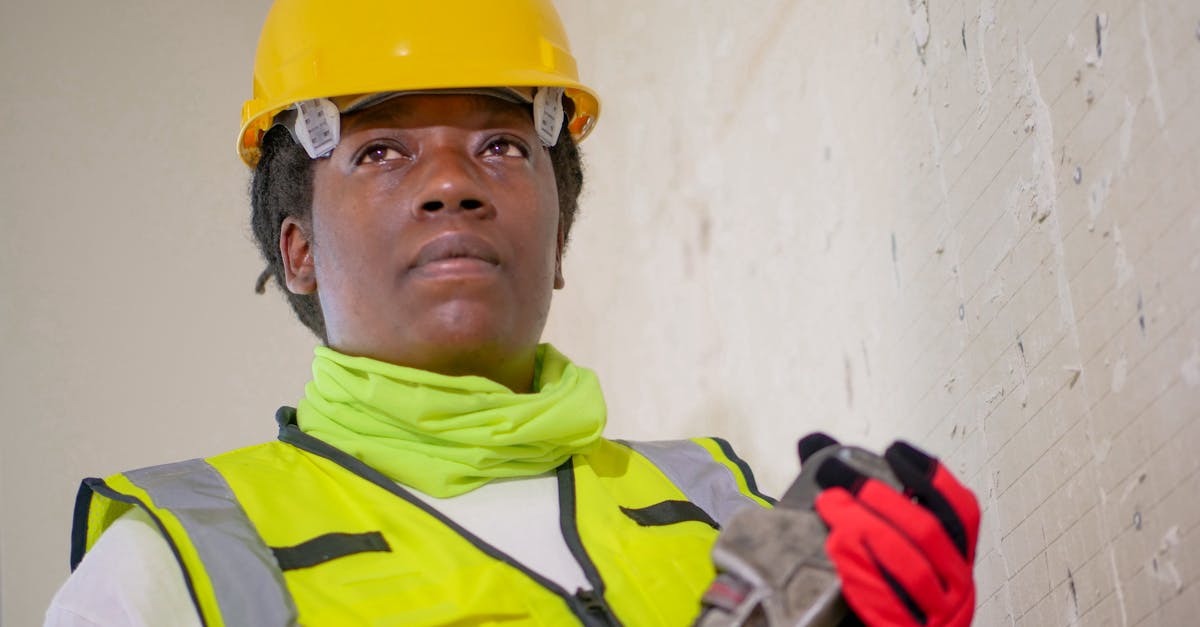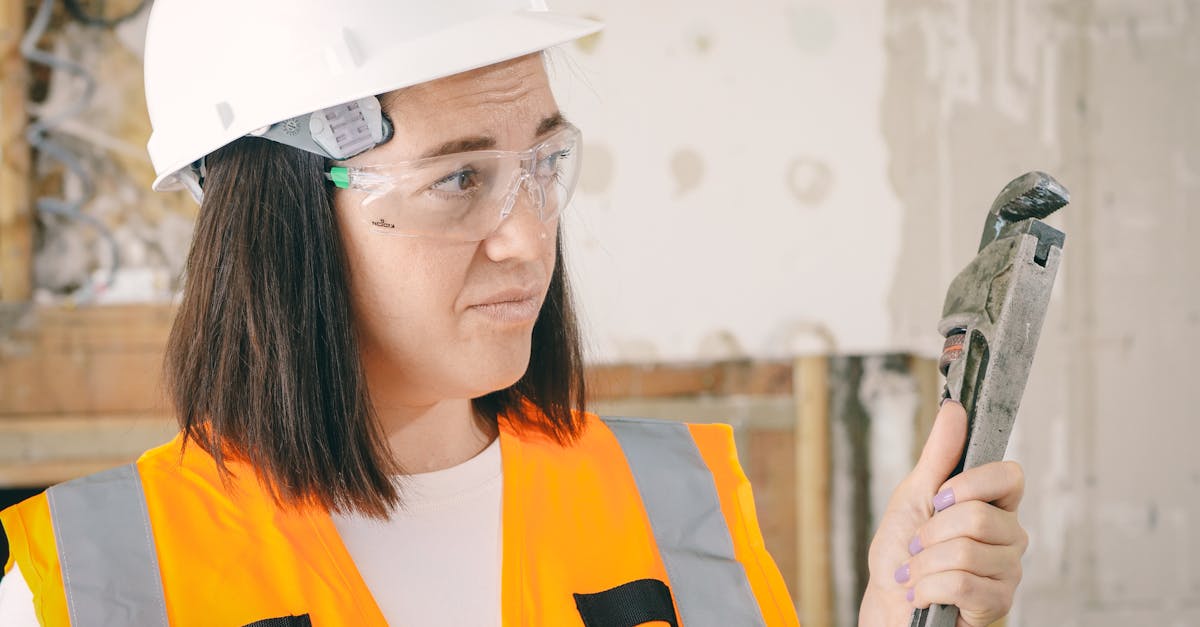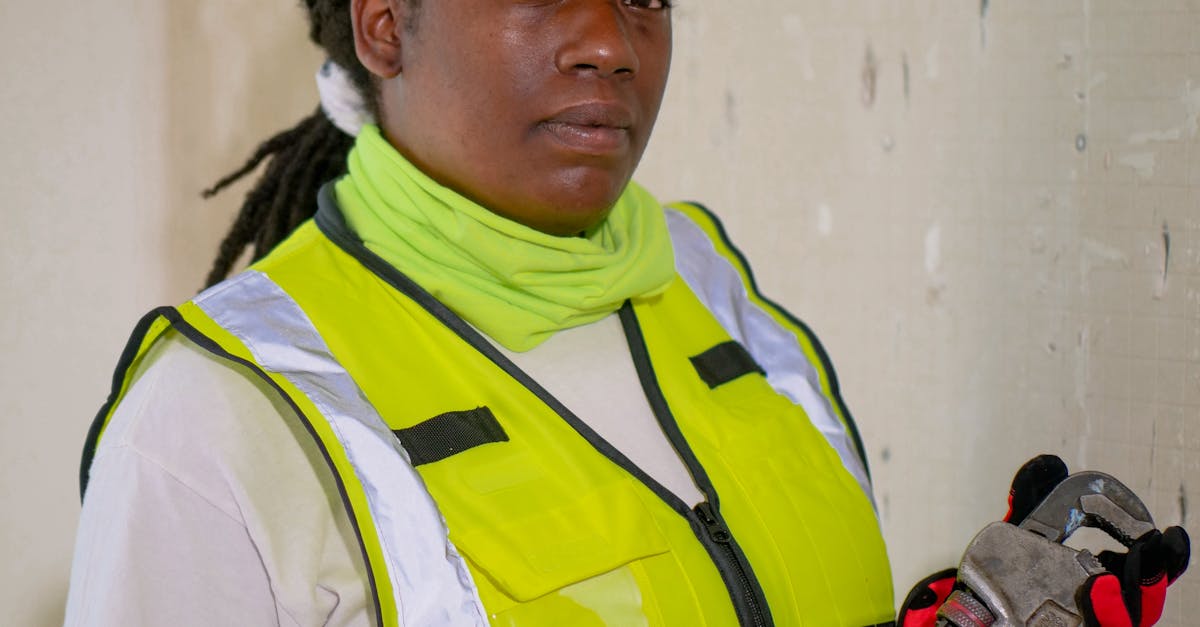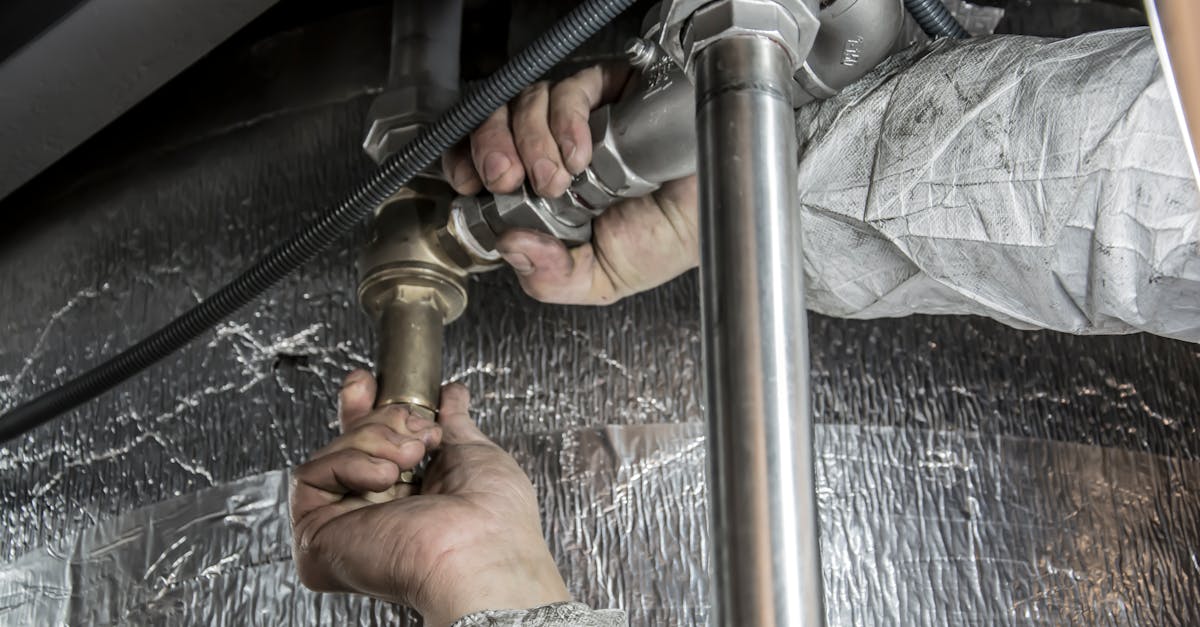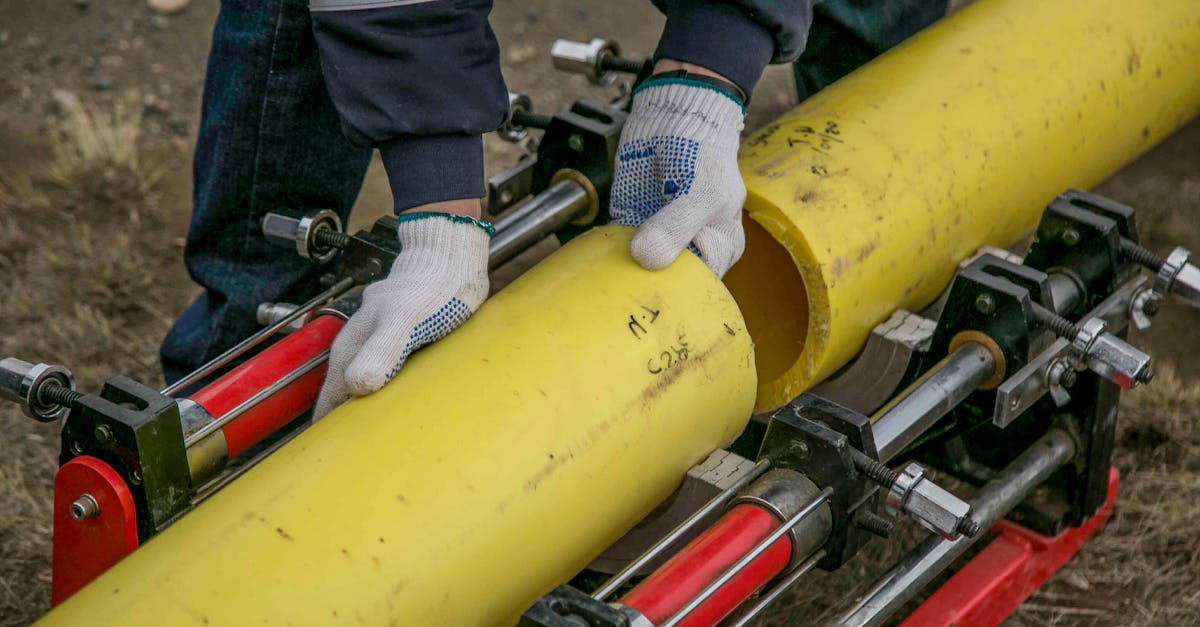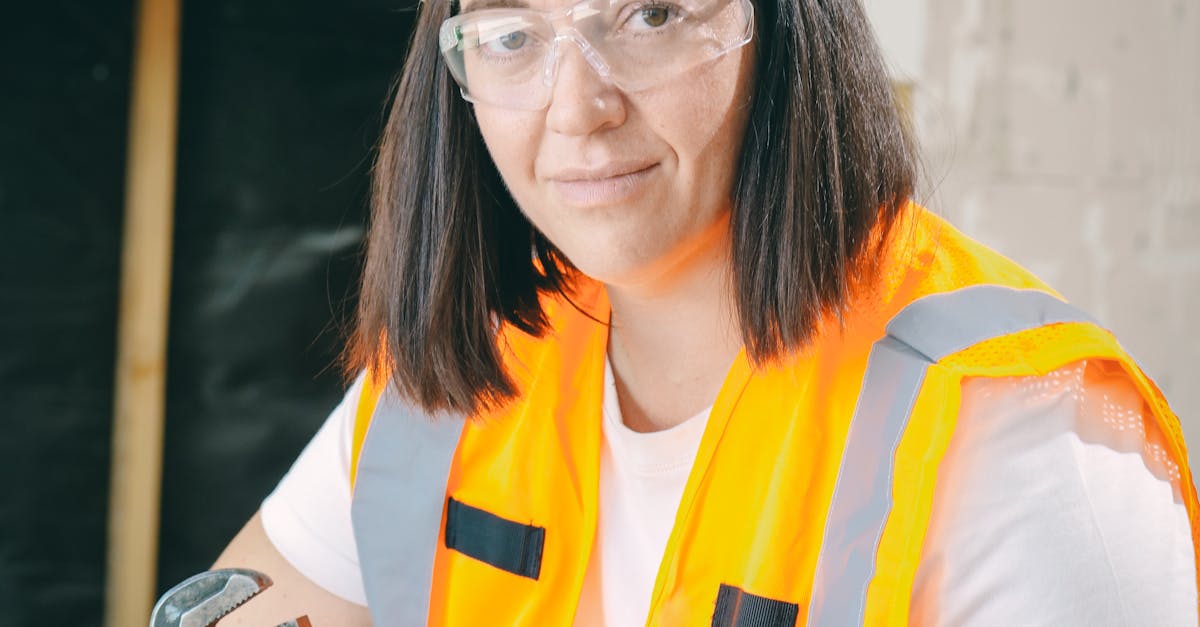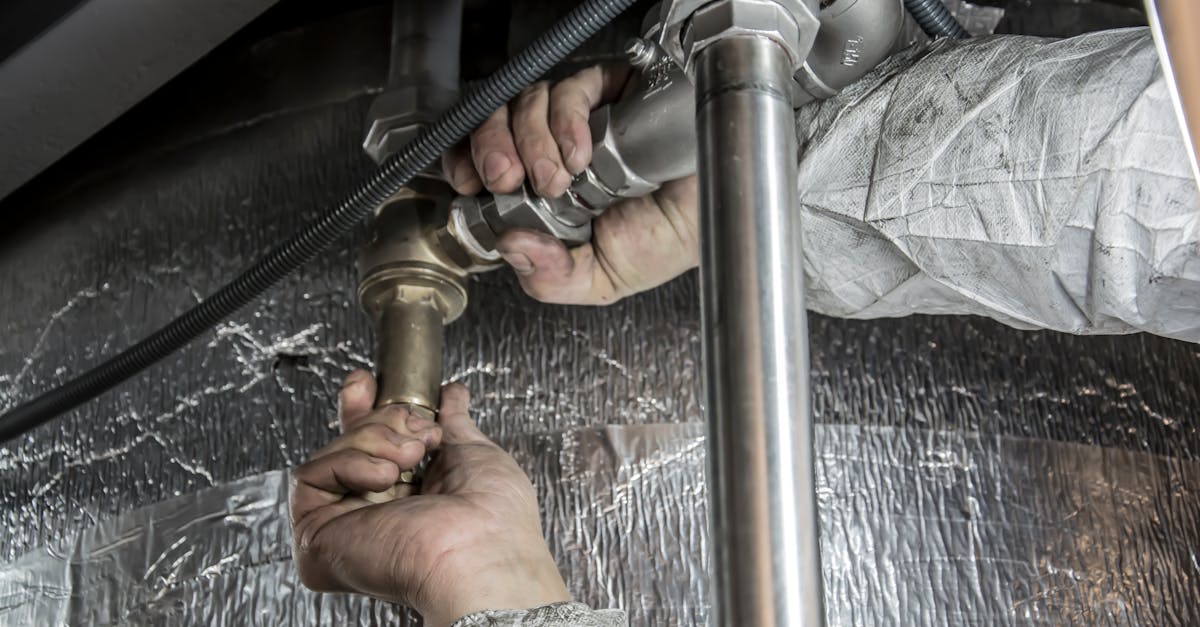
Table Of Contents
Importance of Compliance
Compliance with the Plumbing and Drainage Act in New South Wales is vital for ensuring public health and safety. Adhering to the regulations set forth by this legislation minimises the risks associated with improper pipe installation and repair. When plumbing systems are installed or maintained according to these standards, they reduce the likelihood of leaks, blockages, and contamination of water supplies.
Additionally, following the guidelines helps maintain the structural integrity of buildings. Non-compliance can lead to significant issues, including costly repairs and potential legal liabilities. Proper training and certification of plumbers ensure that professionals are well-equipped to handle pipe installation and repair according to the standards outlined in the Act. This proactive approach supports transparency and accountability within the plumbing industry.
Consequences of NonCompliance
Non-compliance with the Plumbing and Drainage Act in NSW can lead to significant repercussions for property owners and contractors alike. Engaging in unapproved pipe installation and repair may result in costly fines, legal actions, and remediation requirements. Additionally, such non-compliant practices can create unsafe conditions, potentially causing environmental harm or risks to public health, which authorities take very seriously.
Authorities are vigilant in monitoring compliance, and violations often attract penalties that can escalate based on the severity of the infraction. In some cases, individuals may be prohibited from undertaking future plumbing work, impacting their professional reputation and livelihoods. The emphasis on proper pipe installation and repair procedures underscores the importance of adhering to established regulations, ensuring not only the safety of the public but also maintaining the integrity of plumbing systems across the state.
Role of Councils and Authorities
Councils and authorities play a crucial role in the enforcement of the Plumbing and Drainage Act in New South Wales. They ensure that all plumbing works, including pipe installation and repair, comply with the established regulations. Local councils are responsible for assessing applications for plumbing work, issuing permits, and conducting inspections. This oversight is essential to maintain safety standards and protect public health within the community.
Additionally, councils educate property owners and builders about their obligations under the Act. This includes providing information on best practices in pipe installation and repair to prevent future issues. By promoting compliance and understanding of the regulations, local authorities contribute to the overall integrity of plumbing systems across NSW. Their proactive approach helps to mitigate risks associated with poor plumbing practices and enhances the quality of life for residents.
Enforcement of Plumbing Regulations
The enforcement of plumbing regulations is a critical aspect of ensuring public health and safety in New South Wales. Councils and regulatory authorities conduct inspections to verify that pipe installation and repair comply with the established standards. This process helps to prevent issues such as leaks and blockages, which can lead to significant property damage and health risks. Regular audits and inspections support the integrity of plumbing systems across residential and commercial properties.
Non-compliance with plumbing regulations can attract substantial penalties. Authorities address violations through various means, including issuing fines or requiring remedial action for improper pipe installation and repair practices. These measures serve not only to protect consumers but also to maintain a level of professionalism within the plumbing industry. Continued education and awareness among plumbers regarding these regulations play a vital role in fostering compliance.
Recent Amendments to the Act
The recent amendments to the Plumbing and Drainage Act in New South Wales have introduced significant changes aimed at enhancing safety and ensuring compliance within the industry. These changes include updated requirements for pipe installation and repair, which now emphasise the use of certified materials and techniques. This shift aims to improve the overall quality of plumbing work and to protect public health by reducing the risk of contamination and failures in plumbing systems.
In addition to stricter regulations regarding materials, the amendments also focus on increasing accountability among licensed plumbers. New provisions require regular reporting and verification of compliance with standards during pipe installation and repair projects. This enhanced oversight is designed to ensure that all plumbing work adheres to the latest safety protocols and best practices, ultimately fostering a more reliable plumbing infrastructure throughout New South Wales.
Changes and Updates in Plumbing Law
Recent amendments to the Plumbing and Drainage Act in NSW reflect the evolving needs of the industry and ongoing advancements in technology and safety standards. Changes aim to enhance efficiency and ensure that practices are in line with both environmental considerations and modern building requirements. Regulatory updates have introduced stricter guidelines for pipe installation and repair, focusing on sustainable materials and techniques that minimise potential impact on the environment.
Furthermore, the updates emphasise the importance of professional qualifications and adherence to best practices. New training requirements for plumbers and inspectors aim to ensure that all involved in pipe installation and repair are equipped with the latest knowledge and skills. These initiatives are designed to foster a culture of safety, responsibility, and compliance within the plumbing sector, ultimately benefiting both the professionals and the communities they serve.
FAQS
What is the Plumbing and Drainage Act in NSW?
The Plumbing and Drainage Act in NSW is legislation that governs plumbing and drainage systems across the state, ensuring that they are designed, installed, and maintained to protect public health, safety, and the environment.
Why is compliance with the Plumbing and Drainage Act important?
Compliance is crucial as it helps to prevent health hazards, environmental damage, and ensures safe drinking water. It also minimises the risk of costly repairs and legal issues that can arise from non-compliance.
What are the consequences of non-compliance with the Plumbing and Drainage Act?
Non-compliance can lead to significant penalties, including fines, legal action, and the requirement to rectify any unsafe plumbing work. It may also result in increased insurance premiums or denial of claims.
How do councils and authorities enforce plumbing regulations?
Councils and authorities enforce plumbing regulations through inspections, audits, and by requiring permits for plumbing work. They have the power to issue notices and penalties for non-compliance.
What recent amendments have been made to the Plumbing and Drainage Act?
Recent amendments to the Plumbing and Drainage Act have included updates to compliance requirements, improved regulatory frameworks, and provisions aimed at enhancing environmental sustainability and public safety in plumbing practices.

